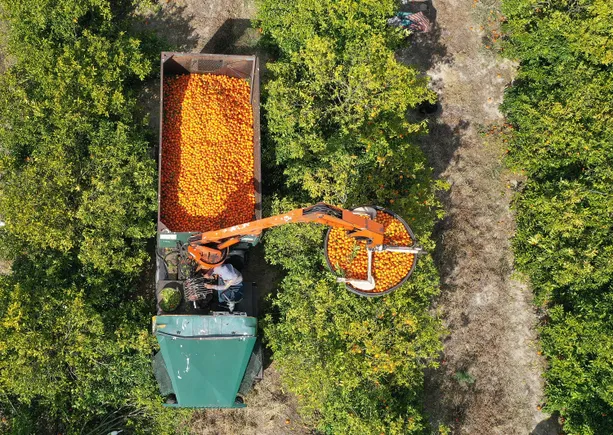Alico Inc., a major player in the U.S. citrus industry, recently made a significant announcement that it would be exiting the citrus industry due to a combination of devastating hurricanes and years of plant disease affecting its Florida production. This decision comes after the company has faced challenges in maintaining its citrus operations and profitability in recent years.
The company, known as a supplier to Tropicana, stated that it will no longer invest capital in its citrus operations after the current crop is harvested in 2025. As part of this strategic transformation, Alico Citrus division will be reducing its production workforce immediately, with nearly 3,500 citrus acres being managed by third-party caretakers. Alico plans to transition into a diversified land company and intends to sell or lease most of its acreage to other farming operations, as well as sell some land for commercial and residential development.
The impact of hurricanes and the ongoing threat of citrus greening disease have significantly impacted citrus growers in Florida, leading many to reconsider the future of their operations in the state. Florida’s orange crop is forecasted to be the lowest in a century, with Hurricane Milton presenting a major setback in combating citrus greening. Alico has experienced a 73% decline in citrus production over the past decade despite investing in disease treatments, ultimately determining that citrus production in Florida is no longer economically viable for the company.
Alico’s decision to exit the citrus industry reflects a broader trend among citrus suppliers facing challenges and high costs in the industry. Limoneira, a California-based producer of avocados and lemons, has also taken steps to sell off thousands of acres to reduce debt and shift its focus towards marketing and selling citrus rather than production. These strategic shifts highlight the changing landscape of the citrus industry and the need for companies to adapt to evolving challenges and market conditions.


